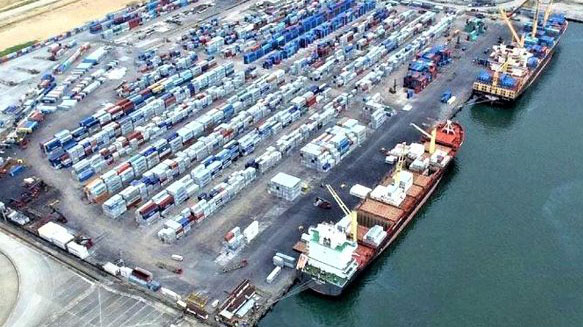The Community Development Committees of Niger Delta Oil and Gas Producing Areas (CDC) has urged the newly-appointed leadership of the Nigerian National Petroleum Company Limited (NNPCL) led by Bayo Ojulari to pursue a bold and reform-driven agenda aimed at restoring investor confidence and repositioning the company.
In a statement signed by its Chairman, Board of Trustees, Joseph Ambakederimo, the CDC commended President Bola Ahmed Tinubu for the reconstitution of NNPCL’s management, expressing hope that the new team would leverage its private-sector expertise to deliver transformative results.
The group insisted that top on the list of priorities is the urgent need to reduce Nigeria’s crude oil production costs, currently estimated at around $40 per barrel.
Ambakederimo said the cost was significantly higher than the $10–$12 per barrel cost benchmark in several other African oil-producing countries.
According to the CDC, the |high production costs deter foreign investment and place Nigeria at a disadvantage.
“To attract ‘new money’ into the sector, Nigeria must work towards slashing its production costs to more competitive levels,” the group said.
The CDC also advocated an ambitious production target of five million barrels of crude oil per day in the next decade.
It argued that anything short of the target would not help the country in meeting its fiscal needs.
“Higher production volumes would improve Nigeria’s foreign exchange earnings, stabilise the naira and fund critical infrastructure at all levels of government,” Ambakederimo said.
In pushing for the target, the group called for the full implementation of Tinubu’s Executive Order to accelerate the development of deepwater projects and unlock stalled investments.
Another concern raised by the CDC is the persistent non-performance of Nigeria’s four state-owned refineries, a situation it described as a national embarrassment.
The group called on the new NNPCL leadership to either overhaul the refineries to ensure full capacity utilisation or recommend their divestment.
“Despite Nigeria’s abundant crude oil reserves, we remain net importers of refined petroleum products. This must change,” the CDC noted, urging the company to prioritise feedstock supply to modular and privately-owned refineries.






